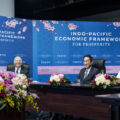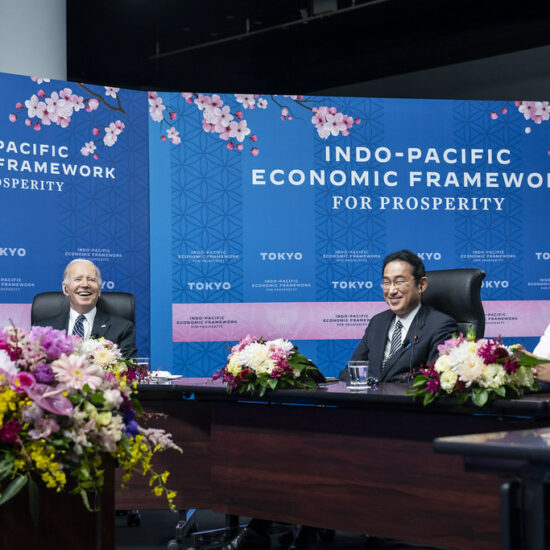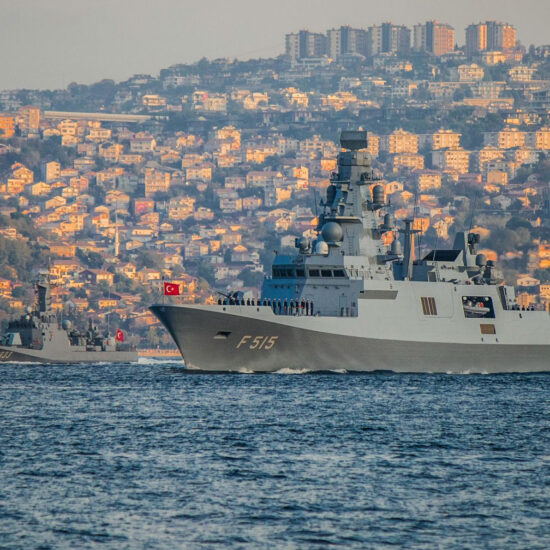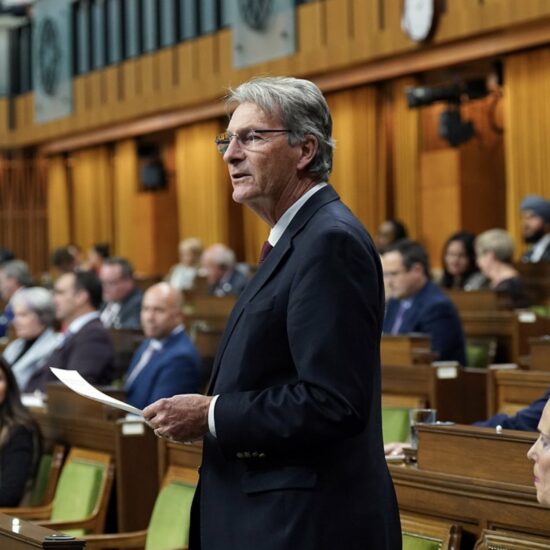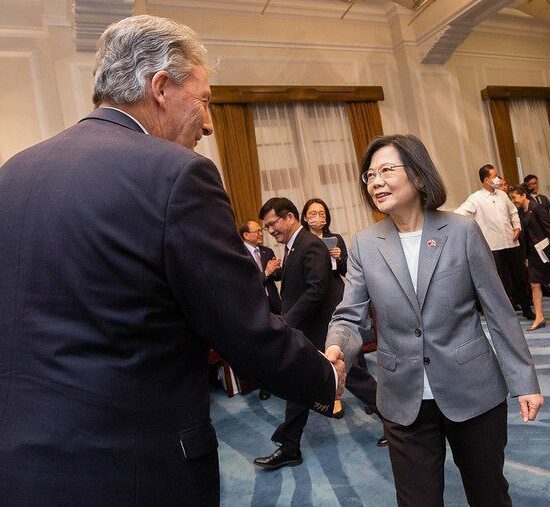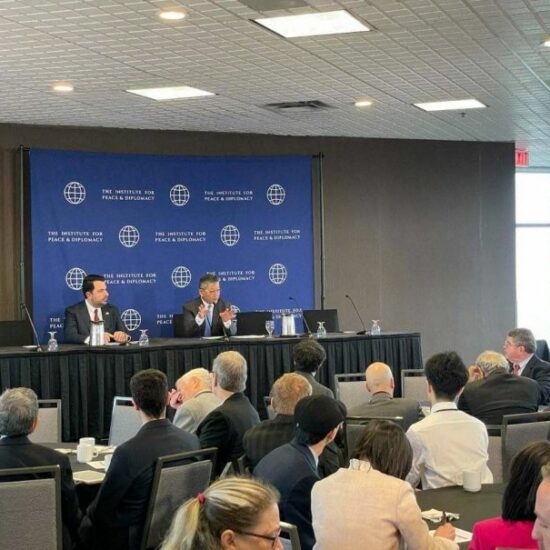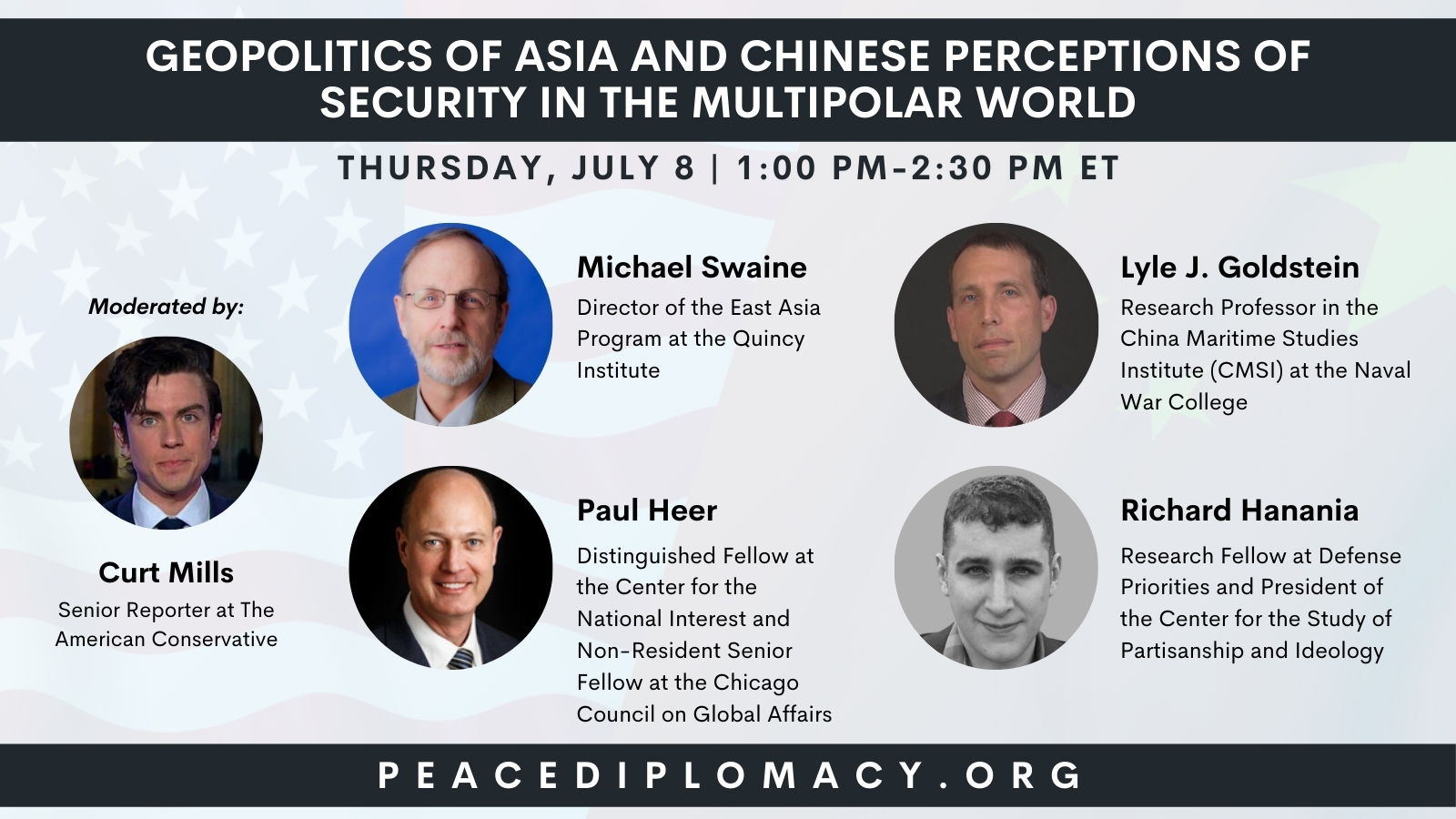
On July 8, 2021 the Institute for Peace and Diplomacy (IPD) hosted the second panel in its running series on U.S.-China relations. This event was entitled ‘Geopolitics of Asia and Chinese Perceptions of Security in the Multipolar World’. Its focus was on Chinese conceptions of its near abroad as well as the responses of neighbouring Asian states to Beijing’s rise.
Arta Moeini, IPD’s Research Director, shared opening remarks to begin the discussion.
The panel convened four distinguished guests, including:
- Michael Swaine, Director, East Asia Program, Quincy Institute for Responsible Statecraft
- Paul Heer, Distinguished Fellow, Center for the National Interest and non-resident Senior Fellow, Chicago Council on Global Affairs
- Lyle J. Goldstein, Research Professor, China Maritime Studies Institute, Naval War College
- Richard Hanania, Research Fellow, Defense Priorities and President, Center for the Study of Partisanship and Ideology
Curt Mills, Senior Reporter for the American Conservative, served as moderator.
Lyle Goldstein opened the discussion by suggesting that Beijing’s current approach to the world is mainly premised on becoming a strong and wealthy state. All other concerns in its grand strategy are subordinate to these objectives. In his view, Chinese behaviour outside of these two pursuits is “very ad hoc” with China’s leadership “making it up as they go along.” Though Beijing has pitched developmental projects like the Belt and Road Initiative, Goldstein believes they are no fundamental threat to outside powers, let alone a part of a coherent vision for the international order.
Goldstein went on to state that China’s most important goal in the Asia-Pacific is neither overt domination of its neighbours nor a drive to shape how their societies are governed. Rather, it seeks a “veto power” over any policies they might enact that are viewed as threatening to Chinese interests. As part of this picture, Beijing would prefer having its flank supported by a friendly Russia. Goldstein notes that China analogizes friction between Moscow and NATO with the regional dynamics it experiences locally. The only issue in China’s near abroad that could be a wild card in this arrangement is Taiwan. He noted that messaging between Washington and Beijing on this matter needs improvement and questions “whether the current administration has the proper China knowledge to do serious diplomacy.”
Richard Hanania warned about the common Beltway affliction of projecting U.S. ideologies onto the motivations of other countries. He posited that China in all likelihood does not want a world order identical to the postwar U.S. model. He added that other countries in the region do not see China’s rise in ideological terms. By and large, they behave according to the calculation of their national interests. To make this point clear, Hanania noted that if regional consensus had been reduced to fear of Beijing, there would be much louder calls from local states for greater U.S. involvement. Given the reality, he suggested China realizes “there is basically room to negotiate with each of these countries.” Hanania contrasted this with voices in Washington that have no tolerance for China’s form of government. He suggested the latter view diminishes negotiables and widens the gap between the U.S. and Asian countries that “are not as invested” in issues that Washington prizes.
Paul Heer stated that most nations that are third parties to the U.S.-China rivalry see economic opportunity in China’s rise as much as they do risk in its geopolitical weight. More recently, they have experienced an erosion of confidence in Washington and are adjusting their positions accordingly. On this note, he argued that perceptions of the U.S. are of equal significance to perceptions of China. Heer was more confident to characterize the relationship as a “competition between a version of U.S. primacy in the region” that cannot be sustained and a “version of Chinese primacy” that he said “would not necessarily be hostile to or exclusive of a U.S. presence” in Asia.
At this point, Heer departed from Goldstein on the cohesiveness of China’s grand strategy, stating that counter-U.S. containment efforts showed there was some long-term vision that partly remains opaque. Opportunities to undermine U.S. attempts at containing Beijing picked up after the 2008 recession, which undermined faith in American institutions and appeared to signal its strategic decline. On the other hand, Heer saw promise in the Quad as a potential coordinating force. However, he cautioned that it was “going to be constrained ultimately in its effectiveness by the diverging levels of confidence that the members of the Quad have in each other” and “especially in the United States.”
Michael Swaine argued that China seeks to keep its options as open as possible. In doing so, he said that “China has tried to maintain good relations with many countries around the world to divert or blunt efforts to contain, undermine, or weaken China’s emergence.” An increasingly pessimistic view of Washington, in Swaine’s view, is rooted in an underlying concern that was always present. He suggested that the fragility of U.S.-China relations was always contingent on Chinese balancing that insulated itself against American pressure while looking to avoid outright treatment as an American adversary. In this light, the current state of affairs is not new.
Nevertheless, Swaine reiterated that numerous points of potential cooperation remain, especially on issues of counterterrorism, non-proliferation, and climate change. For every push toward cooperation, however, there is a tendency on both sides of the relationship to securitize engagement. This instability is exacerbated by patterns of thinking in both capitals. Swaine believes that Beijing is more “inclined to miscalculate because it is overconfident” whereas Washington “is more inclined to overreact” to counter perceptions of its relative decline. For a peaceful relationship to continue, Swaine recommended Beijing be more flexible toward domestic developments in Taiwan and that the U.S. remain clear on its commitment to the One China policy. Meanwhile, other states in the region seek to balance both poles against one other to maximize their own autonomy.
Moving on to the next part of the discussion, all panellists agreed that Taiwan represented the greatest potential danger in the U.S.-China relationship. As the panel shifted toward discussion of economic issues, Swaine brought up that China contributed a third of global growth since 2008 and had been a net boon to its trading partners even as it faced reputational headwinds over its economic policy. Hanania added that even under the Trump Administration and the first rounds of supposed economic divorce, U.S.-China trade was still on an upturn. Goldstein concluded that an often overlooked issue in the structural dynamics of the economic relationship was U.S. dollar hegemony and American financialization.
Curt Mills raised ongoing developments in Afghanistan with reference to the imminent U.S. withdrawal and its potential impact on China’s regional security calculus. Heer casted doubt that a China angle was ever part of initial U.S. intentions when triggering operations in the country. However, Hanania mentioned that Afghanistan’s adjacency to China and its potential rare earth mineral wealth would likely be used as a “post-hoc justification” by American interventionists to slow or halt the withdrawal.
The discussion then pivoted back to Taiwan. Goldstein probed the issue of Taiwanese politics, the historically close relationship between the island and Japan, and how this plays into political debates in Tokyo over Taipei’s fate. Swaine added that Japan struggles with what its strategy should be for the future and contrasted this with Goldstein’s view that Chinese military doctrine may lend credence to a surprise maneuver that creates a fait accompli. Swaine repeated that force would be the last thing Beijing would want to deploy to resolve the dispute. He argued that a blockade would be a more likely pressure tactic in the event of escalation. To combat this possibility, Goldstein judged that there is a need for “energetic diplomacy from Washington” and particularly a “constant sort of dialogue” with Beijing.
Hanania soberly added that regardless of the scenario, demographic and economic trajectories imply that the passage of time favours Beijing and not Tapei or Washington. With this in mind, he did not envision an intervention that would be triggered by a perceived threat to Chinese legitimacy. Heer disagreed, saying that time appeared to be closing the distance between Taiwanese and U.S. engagement. This, in Heer’s view, would have substantial effects on Beijing’s calculations and increase undesirable variables in Taiwanese politics for the Mainland. In this context, Heer emphasized that “the Chinese are not looking for reasons and excuses to use force against Taiwan. They are looking for excuses and reasons not to.”
The conclusion of the discussion centred on what U.S. military drawdown in the region would look like. Panellists came to the consensus that this was not likely in any foreseeable timeframe, but that economic cooperation was still on the table for U.S. allies that hoped for a ‘return’ of American engagement. Given economic integration, the discussion ended on a consideration of digital currency as well as Chinese objectives around establishing new standards and norms. On this note, panellists raised the major question of its challenge to the U.S. sanction system and the need for Washington to reassess its self-defeating consequences as Beijing becomes the world’s largest economy.
Johnsen Romero is a Policy Research Assistant for the Asia Program at IPD.

